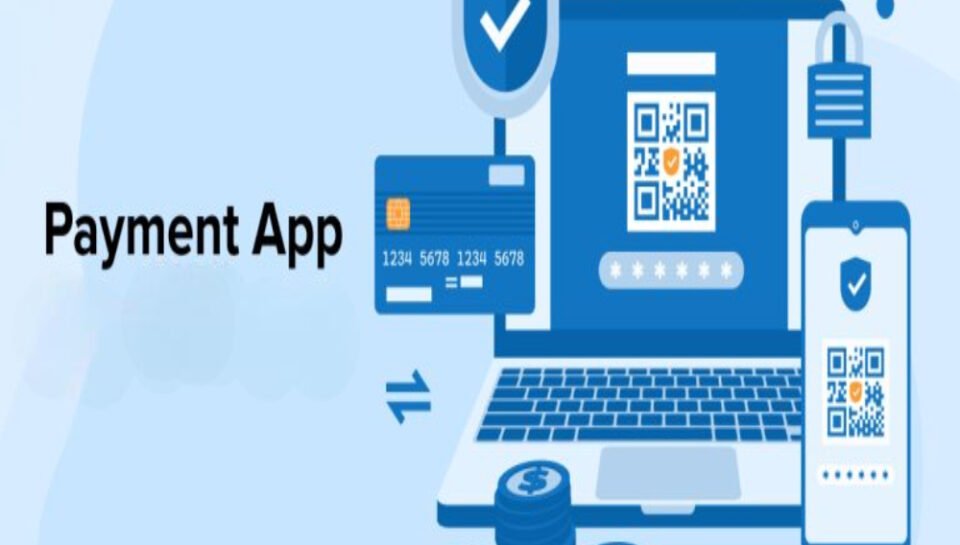
What is application payment integration in IT business solutions?
Definition and Purpose
- Application payment integration is the process of embedding payment functionality into business applications.
- It enables users to complete transactions without leaving the app environment.
- Integration allows secure handling of payments for products, services, or subscriptions.
- It supports business models such as one-time purchases, recurring billing, or usage-based pricing.
- The goal is to streamline revenue collection and improve user experience.
Core Components
- Payment gateways are connected to process transactions and authorize charges.
- Merchant accounts are linked to receive and settle payments.
- User interfaces are designed for entering payment details securely and efficiently.
- Security protocols protect sensitive data during transfer and storage.
- Confirmation systems provide users with receipts and transaction status updates.
Types of Payment Methods Supported
- Credit and debit card transactions are enabled for a wide user base.
- Digital wallets allow faster and more convenient checkouts.
- Bank transfers and direct debit options support enterprise and bulk payments.
- Local and international currency support facilitates global transactions.
- Invoice-based and QR code systems cater to diverse business workflows.
Integration and Technical Considerations
- APIs are used to connect the application to external payment service providers.
- Data validation ensures accurate input and reduces transaction failures.
- Error handling mechanisms address declined payments and incomplete submissions.
- Testing environments simulate transactions before live deployment.
- Compliance with industry standards is ensured through encryption and tokenization.
Business and Operational Benefits
- Integrated payments reduce friction in the customer journey.
- Real-time transaction tracking supports reporting and analytics.
- Automation of invoicing and reconciliation lowers manual effort.
- Secure systems increase customer trust and reduce fraud risks.
- Scalability supports growing user bases and expanding revenue streams.





